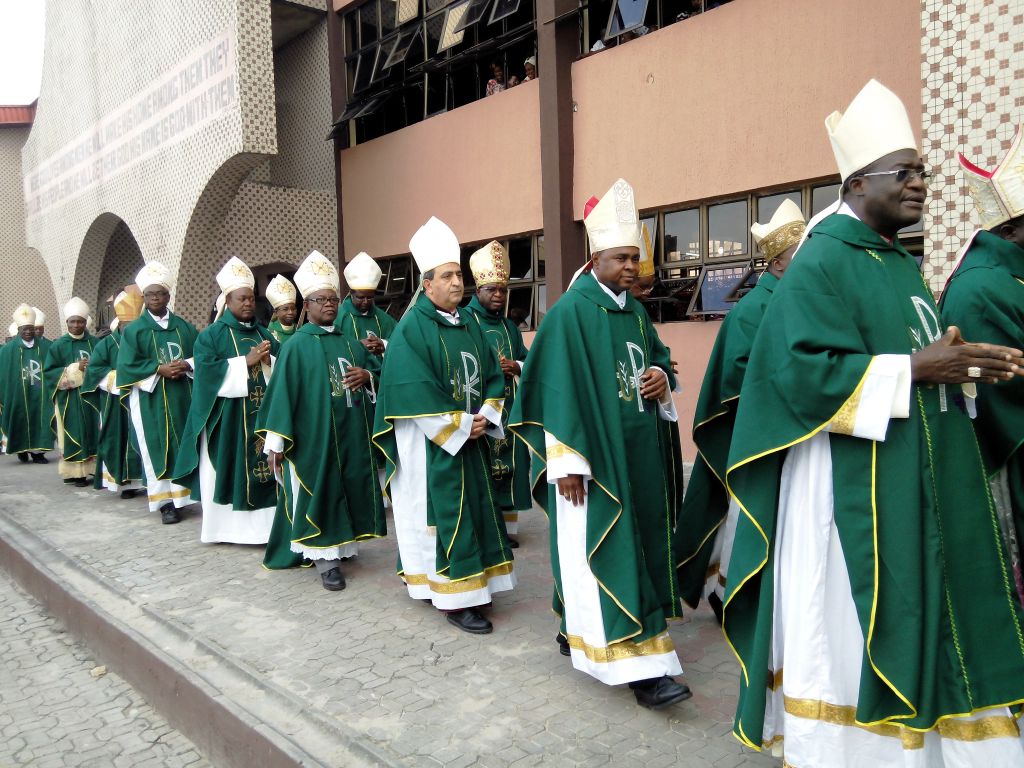ABUJA, Nigeria – The Catholic Bishops Conference of Nigeria, CBCN, has expressed opposition to a bill that aims to establish the National Council of Christian Education.
The bishops argue that the bill is in violation of sections 10 and 42(3) of the Nigerian Constitution of 1999.
In a statement issued on Thursday, June 29, 2023, by the president of CBCN, Archbishop Lucius Ugorji, and the Secretary, Bishop Donatus Ogun, the bishops conveyed their concerns that the bill undermines the secular nature of the Nigerian state.
They urged the Christian Association of Nigeria, CAN, which originally advocated for the bill at the National Assembly, to focus on legislation addressing the issues Christians face, particularly unprovoked attacks on the Christian community in northern Nigeria.
The bill, sponsored by Hon. Rimamde Kwewum, Hon. Beni Lar, Hon. Yusuf Ayo Tajudeen, Hon. John Dyegh, Hon. Solomon Bob, and Hon. Benjamin Mzondu, intends to develop, regulate, and approve syllabuses and content for Christian education at all levels.
Additionally, the bill aims to certify Christian religion education instructors in basic and secondary levels, approve content of Christian religion education in all schools, and accredit programs of Christian theological institutions.
One of the critical concerns raised by the bishops is that the bill does not exempt seminaries and other religious institutions owned by different Christian denominations across the country.
The bishops assert that this infringes on the rights of these denominations to provide instruction and formation according to their respective doctrines.
This argument is anchored in Section 42 (3) of the 1999 Constitution, which states, “No religious community or denomination shall be prevented from providing religious instruction for pupils of that community or denomination in any place of education maintained wholly by that community or denomination.”
Additionally, the bishops claim that the bill contrasts with the secular character of Nigeria as enshrined in Section 10 of the 1999 Constitution.
The CBCN’s stance highlights the tension between religious instruction and the secular character of the Nigerian state.
It also emphasizes the importance of considering various religious communities’ diverse perspectives and rights in legislative actions.







